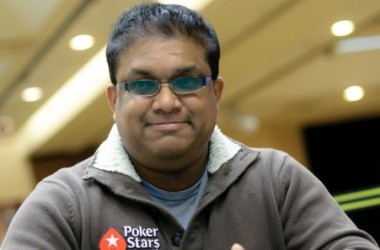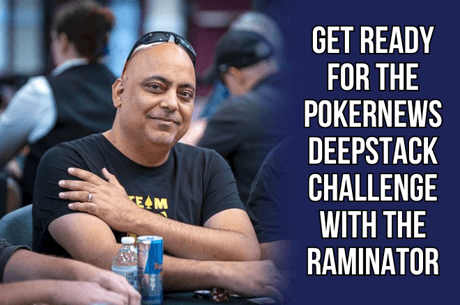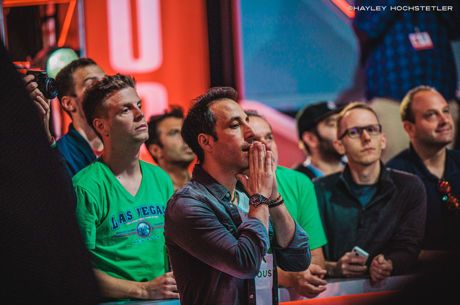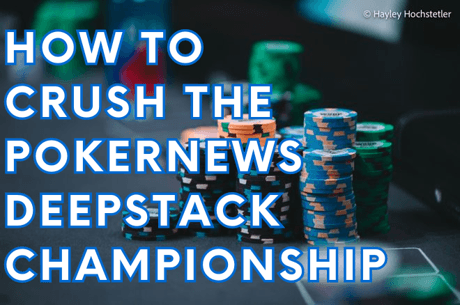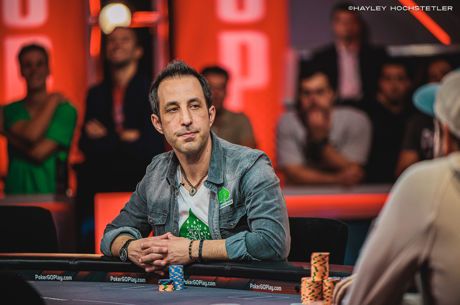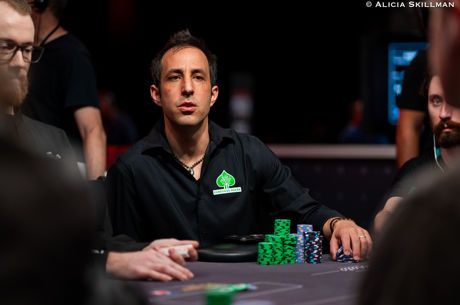Pot Control with Jonathan Little

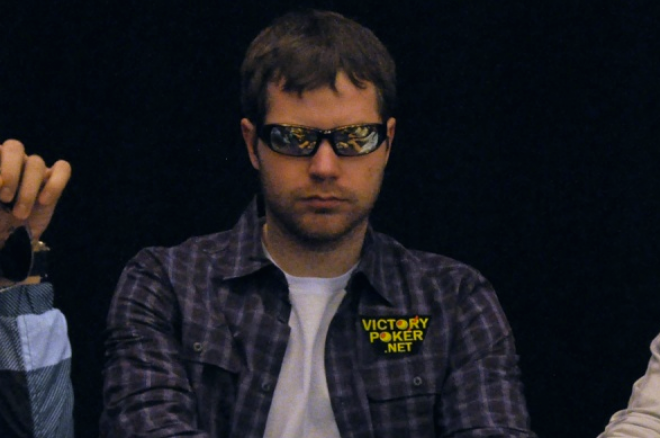
Jonathan Little has been one of the most consistent tournament players in recent history. He’s accumulated more than $4.7 million in winnings from online and live tournaments including two World Poker Tour wins. He’s always been an advocate of teaching the game and recently published a book called, “Secrets of Professional Tournament Poker.” He talked to PokerNews about how he feels the book can help players improve and discusses the concept of pot control.
What made you decide to write a book on tournament poker?
Well, there just aren’t that many good books out on tournament poker. The most recent one that I think is pretty good was Harrington on Hold’em, and that came out five or six years ago. Because of that, everyone knows how to play a general tight-aggressive style, and that’s not really how you win at tournament poker anymore. If everyone is doing the same thing, you have to change. My book tells you how to play everyone ideally.
What are a few of the most important concepts for beginner tournament players that are covered in the book?
I think beginning tournament players need to realize that you have to play differently according to your stack size. If you have 10 big blinds, you have to play vastly different than if you had 100 big blinds. Especially at the lower to middle staked tournaments, you’ll see a lot of players call raises out of their 10 big-blind stack with ten-eight suited or something like that, and then check-folding any flop they miss. That’s clearly a pretty big leak. Also, I don’t think players pot control nearly enough with hands like top pair, top kicker. They’re willing to get in 100 big blinds early in a tournament, and if you do that, you’re going to go broke over and over again.
Let’s discuss in detail one of the concepts you mentioned: pot control. For those who don’t know, can you talk about what reverse-implied odds are and how that relates to pot control?
Basically what reverse-implied odds are is when you have a hand like ace-ten and you flop top pair, either the ace or the ten, you’re going to either win a really small pot or lose a really big one because if you’re opponent is willing to give you action, they are likely to have a better hand than yours. It’s going to be really tough to win a big pot, so because of that, for example, on an ace-rag-rag board, it’s going to be tough to get more than two streets of value.
Whenever you have a hand like ace-ten on an ace-four-two board, and you get check-raised, you’re either way ahead or way behind. Because of that, you’re better off just trying to get to a showdown with hands in which you could be way ahead or way behind. That is, unless you have really good read on your opponent.
So if we’re going to go for only two streets of value, which street are we checking and why?
You can either check the flop or bet the flop and then check back the turn. Either one works pretty well. Whenever there are a lot of draws on the flop, you need to think about the type of opponent you’re against. If you’re playing against someone who will check raise a lot of draws, you should be more prone to check back the flop. If they are more likely to check call, you should bet the flop. Basically, you just want to get two streets of value whether it’s the flop and turn, flop and river, or turn and river. Once you try to go for three streets with standard sized of two-thirds pot, it’s going to be really hard for someone to put in that much money who has a worst hand than you.
Also, by checking, you can induce bluffs. If you check back an ace-high flop, your opponent will often think that you missed. They might fire the turn if you check the flop, and same as on the river if you check the turn. So not only do you pot control and get yourself closer to showdown, but you also get players to bluff into you.
Do the benefits of pot control outweigh betting for protection of equity?
You’re going to give away some free cards and you will lose some pots, but even if you’re opponent hits on your flop, you’re not going to lose much because you’re pot controlling. They might even catch up a little with free cards that will still give them the second best hand. Let’s say you have ace-ten on a ten-four-two board against a hand like nine-eight and the flop checks around, and your opponent could hit an eight or a nine on the turn and think it’s good. It sort of evens itself out. You are going to get outdrawn like 15 percent of the time, but it’s OK because the pots are going to be relatively small.
Is there anything else you’d like to add about your book?
Basically, this book is about the standard way to play poker. Most players play either way too tight or way too loose. You have to find a happy medium. My book will tell you how to play aggression in position and tighter out of position. As long as you do that and are constantly thinking about your opponents’ ranges, it’s tough to make a lot of mistakes. The book also talks about how to make your decisions really easy, which makes it hard to make mistakes, and if you’re making less mistakes than everyone else, you can be really successful.
There is a second book in the works, is that correct?
Yes, I just finished editing it. Hopefully it will be out later this year. It’s going to talk about things like live reads, how to play each different stage of a tournament, and it will also teach you about the life of a tournament professional. A lot of guys spew a ton of money on things like expensive suites or going to clubs. At the end of the year, they have like $300,000 less than someone who lived life a little bit nittier. If you’re making $300,000 a year playing poker, you don’t really accomplish much. The second book will teach you how to be a tournament professional, but before you can do that, you have to be fundamentally sound, which is what the first book will teach you.
Remember, follow us on Twitter for up-to-the-minute news.



